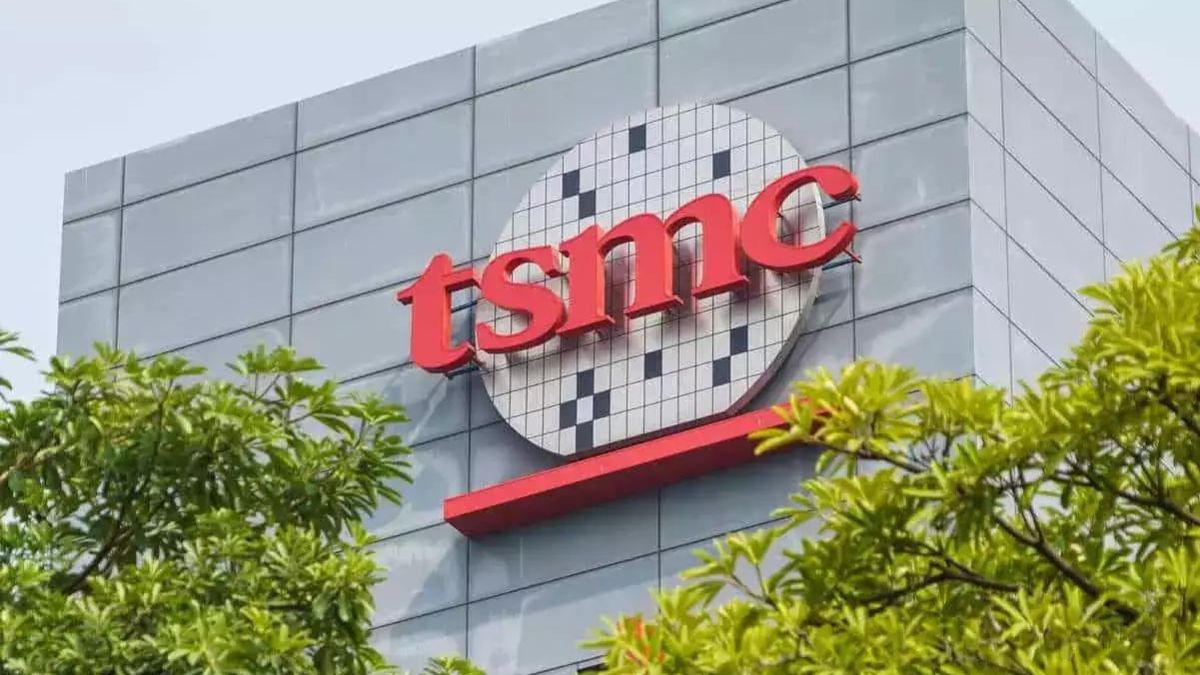Taiwan Semiconductor Manufacturing Company (TSMC) reported better-than-expected revenue and profit for the second quarter on Thursday, as the demand for advanced chips used in AI applications continues to surge.
TSMC’s Second-Quarter Results vs. LSEG Consensus Estimates:
- Revenue: NT$673.51 billion ($20.82 billion) vs. NT$657.58 billion expected
- Net Income: NT$247.85 billion vs. NT$238.8 billion LSEG SmartEstimate weighted towards more consistently accurate analysts’ forecasts
TSMC’s net revenue rose 40.1% year-over-year to NT$673.51 billion, while net income increased 36.3% to NT$247.85 billion. The company had guided second-quarter revenue to be between $19.6 billion and $20.4 billion.
Strong Demand for Advanced Technologies: Chairman and CEO C.C. Wei noted during an earnings call that the second quarter’s performance was bolstered by strong demand for TSMC’s 3-nanometer and 5-nanometer technologies, despite ongoing smartphone seasonality. The explosive demand for AI has significantly strained chip supplies.
TSMC, the world’s leading producer of advanced chips used in smartphones and AI applications, faces competition from rivals such as Samsung and Intel. Key clients include Apple and Nvidia.
Wei acknowledged the ongoing tight supply and demand imbalance, stating, “The supply continues to be pretty tight, all the way through 2025.” He expressed hopes that supply constraints would ease by 2026.
Advancements and Projections: TSMC is currently producing 3-nanometer chips and plans to commence mass production of 2-nanometer chips in 2025. Smaller nanometer sizes yield more powerful and efficient chips. Development of the 2-nanometer technology is progressing well and is on track for volume production in 2025.
For the third quarter, TSMC anticipates strong support from smartphone and AI-related demand, projecting revenue between $22.4 billion and $23.2 billion, compared to $17.3 billion in the same period last year.
The company has narrowed its capital budget range for this year to between $30 billion and $32 billion, with 70% to 80% allocated to advanced technologies. Wei mentioned the possibility of converting more “N5” technology into “N3” technology to meet the strong demand for 3-nanometer chips.
Stock Performance and Market Impact: Despite the positive earnings, TSMC shares closed 2.43% lower on Thursday amid a broader sell-off in Asian chip stocks, triggered by reports of potential tighter export curbs from Washington.
AI Demand and Market Outlook: The surging demand for advanced chips used in AI applications has boosted TSMC’s Taiwan-listed shares by nearly 70% this year. Brady Wang, associate director of Counterpoint Research, noted that the demand for generative AI is driving the market, with TSMC’s N3 process showing good yield rates and well-managed production lines.
Wang predicted that the capacity of the 3-nanometer process would more than double in 2024 compared to the previous year.
Needham analysts on Monday anticipated that TSMC would raise its 2024 revenue growth target, reiterating a “buy” rating and raising the price target for TSMC’s U.S.-listed shares to $210 from $168. They expect TSMC to update its 2024 revenue growth outlook from “low- to mid-20s” to “mid- to high-20s” while maintaining its 2024 capital expenditure target at $30 billion.
According to Counterpoint Research data, TSMC held 62% of the global foundry market share in the first quarter, up from 59% a year ago.


